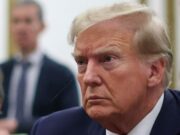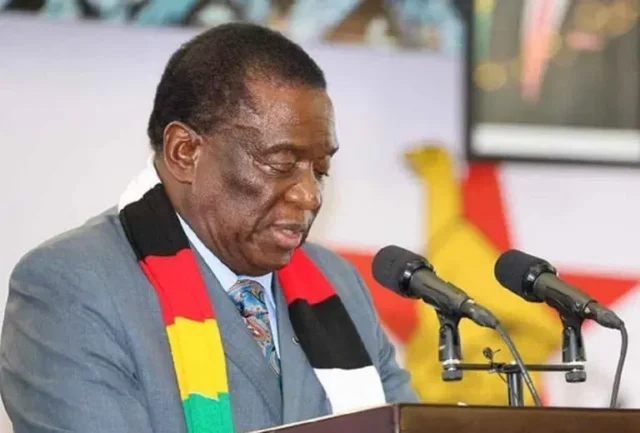Zimbabwe’s President Emmerson Mnangagwa has announced the suspension of all tariffs on goods imported from the United States. This decision follows the recent move by the U.S. government to impose an 18% tariff on products coming from Zimbabwe.
According to the president, removing these tariffs will encourage more American goods to enter the Zimbabwean market while also making it easier for Zimbabwe to export to the United States. He said the move is aimed at building stronger trade ties between both countries.
In 2024, trade between Zimbabwe and the U.S. reached $111.6 million. Zimbabwe’s main exports to the U.S. were tobacco and sugar. However, the U.S. is not one of Zimbabwe’s largest trade partners. Most of Zimbabwe’s trade is done with countries like the United Arab Emirates, South Africa, and China.
The relationship between Zimbabwe and the U.S. has faced challenges for years. In the early 2000s, the U.S. placed sanctions on Zimbabwe, accusing the government of human rights abuses and corruption. Although some of those sanctions were lifted last year, others still remain in place, including personal sanctions against top officials, including the president.
Some experts have raised concerns about the decision to drop tariffs. One political analyst warned that the move could upset Zimbabwe’s standing with neighboring countries, especially within the Southern African Development Community (SADC). He said that putting more focus on U.S. relations might be viewed as turning away from the region.
A well-known journalist also criticized the move, calling it a “knee-jerk reaction” that might be meant to gain favor with the U.S. in hopes of having more sanctions removed. He warned that the decision could hurt the economy or trigger negative trade responses.
Despite the mixed reactions, the government says it hopes the suspension of tariffs will open new doors for trade and improve Zimbabwe’s image abroad.

























